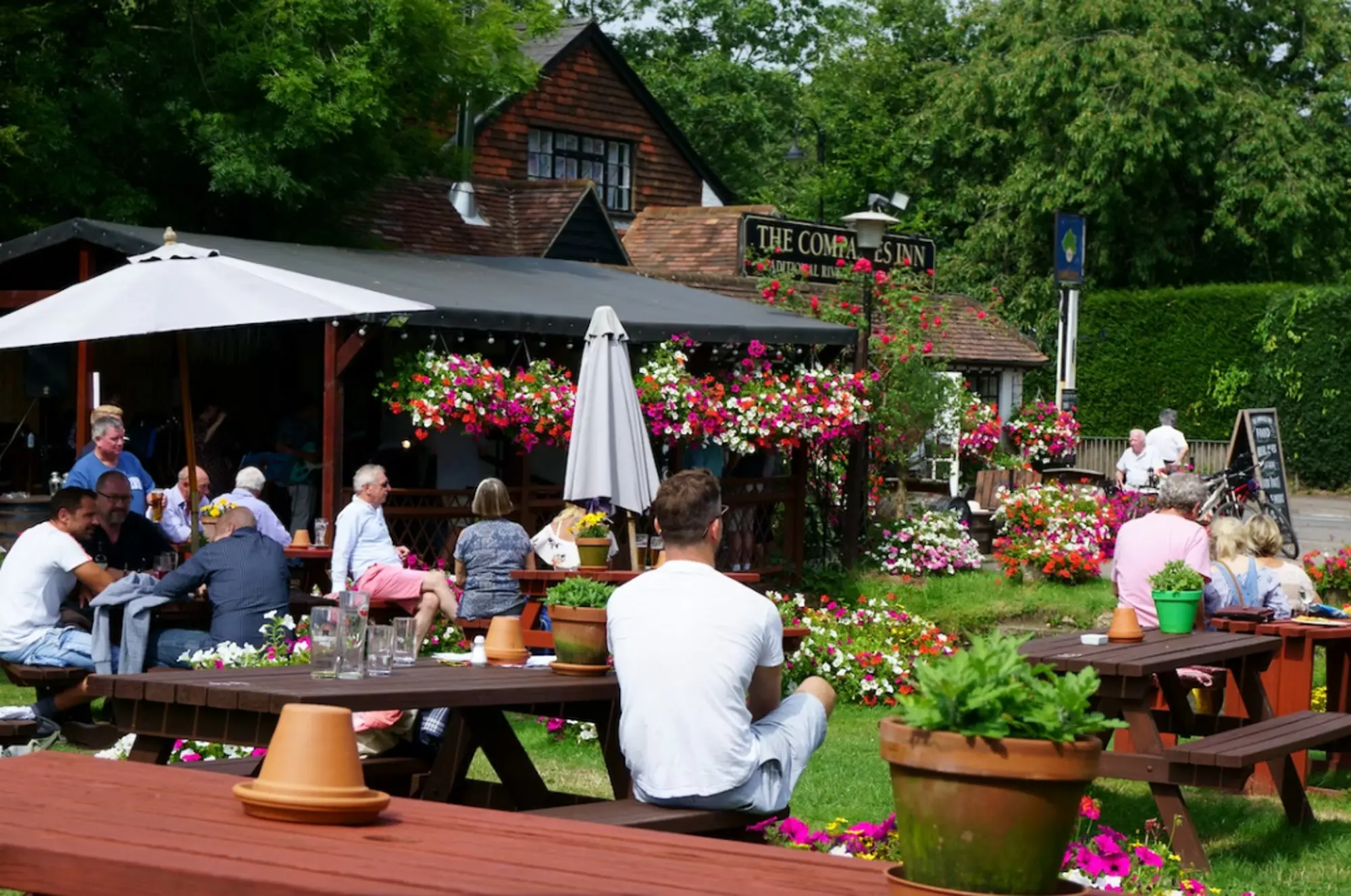It has been a tough few years for hospitality businesses, and the pub and bar sector in particular has been negatively affected by rising costs, shrinking budgets and changing consumer behaviours. In 2022, UK pub closures neared their highest level in a decade, with the recent economic downturn following on from the pressures brought by Covid lockdowns.
This means that pubs not only have to become more agile to survive, getting creative with food and drink options, live events, and marketing, but also around how they tackle environmental and social issues. Earlier this year at the Nutritics Business Leaders’ Forum, one attendee stated that there was a clear economic case for focusing on sustainability. Rather than let profit and the environment sit in separate silos, now is the time to combine green ideas with the concept of growing a business and making money.
Nutritics’ 2022 Sustainability Sentiment Index also found that nearly two thirds (64%) of people think eating and drinking out venues could do more to reduce their environmental impact. Importantly, the research found that a third (33%) of Brits surveyed are more likely to eat or drink at a venue or brand which is transparent about its environmental impact or commitment to sustainability.
Let’s speak to Laura Kirwan PhD, Sustainability Lead here at Nutritics, to get her top tips on making your pub sustainable:
Know your emissions: There’s no harm starting with ambitious targets, and this starts with knowing your emissions, where they are coming from, and identifying hot spots. Luckily there are resources pubs and bars can utilise to help them assess their current carbon emissions and set them on a journey to make reductions, such as Net Zero Now. A collaboration between Pernod Ricard, The Sustainable Restaurant Association and Coca Cola, Net Zero Now aims to provide a simple, credible and affordable route to Net Zero, as well as celebrating and promoting those that achieve this vitally important goal. Another example is the Zero Carbon Forum, where companies can showcase their progress and access free resources.
Keep it seasonal: We recently discussed what food miles mean for your business, concluding that where possible, focusing on seasonal produce is a great starting point to minimise your eco impact. For pubs, it’s important to understand where your food and drink products come from. Don’t be afraid to ask your suppliers what green initiatives they are implementing to ensure you’re reducing the overall impact of your supply chain where possible, and evaluate your sourcing across the year, as you may be able to review your sourcing trends from the previous year and identify where an ingredient can be swapped to another ingredient that is in season, as opposed to keeping raspberries on the menu all year round.
Using a software such as Foodprint from Nutritics can allow you to view the carbon and water usage of individual ingredients on your menu, helping you to identify where lower impact alternatives could be swapped in.
Review your waste: Are you making the most of your raw ingredients and actively taking action to minimise the amount of food that ends up in the bin? Why not run a simple ‘audit’ of your waste over the next week – what plates are regularly returning with food remaining? What raw materials could be utilised further within the kitchen? You could then implement a food waste reduction program, encompassing composting, donation of excess food to local charities, and menu planning to minimise waste.
In 2021, Heineken UK estimated that pubs lose £216m worth of drinks every year due to wastage poured in drip trays. As a result, training staff on ‘perfect pour’ techniques can minimise wastage. On top of this, good cellar management, including maintaining machinery can increase operational efficiency.
Engage the community: What could your business do to encourage environmental practices, whilst also bringing in footfall to your premises? Cooper King Distillery in North Yorkshire has previously offered a gin refill scheme to minimise packaging use, whilst The Culpeper in East London runs regular urban growing and botanical workshops to encourage green fingers in the community. Not only do these activities showcase your sustainable credentials, they can also bring in new customers and build your standing in the local area.
Make sustainability a key part of your business: What is clear is that sustainability in 2023 needs to be more than just a tick box exercise – businesses need to commit to making continual positive changes. Consumers aren’t expecting perfection, but with almost half (45%) saying that a venue’s commitment to sustainability is an important part of deciding where to go and spend money (Nutritics’ 2022 Sustainability Sentiment Index), those not making improvements will be left behind.
There are many routes pubs and bars can go down to reduce their impact on the environment, from reducing water usage by installing low-flow toilets and sinks or implementing a rainwater harvesting system, to using solar panels to generate electricity. For those businesses who offer takeaway items, switch to compostable and recyclable options, whilst there are also a variety of eco-friendly cleaning products that you can introduce to your staff.
We’d love to hear about the ways you’ve implemented sustainable changes to your business – let us know in the comments below!
A shout out to the wonderful blog, Pubs for the Planet, which aims to collate some of the most eco-friendly pubs around the UK for you to visit. You can visit their recommendations here, including some of the above examples used in this article www.pubsfortheplanet.co.uk.
